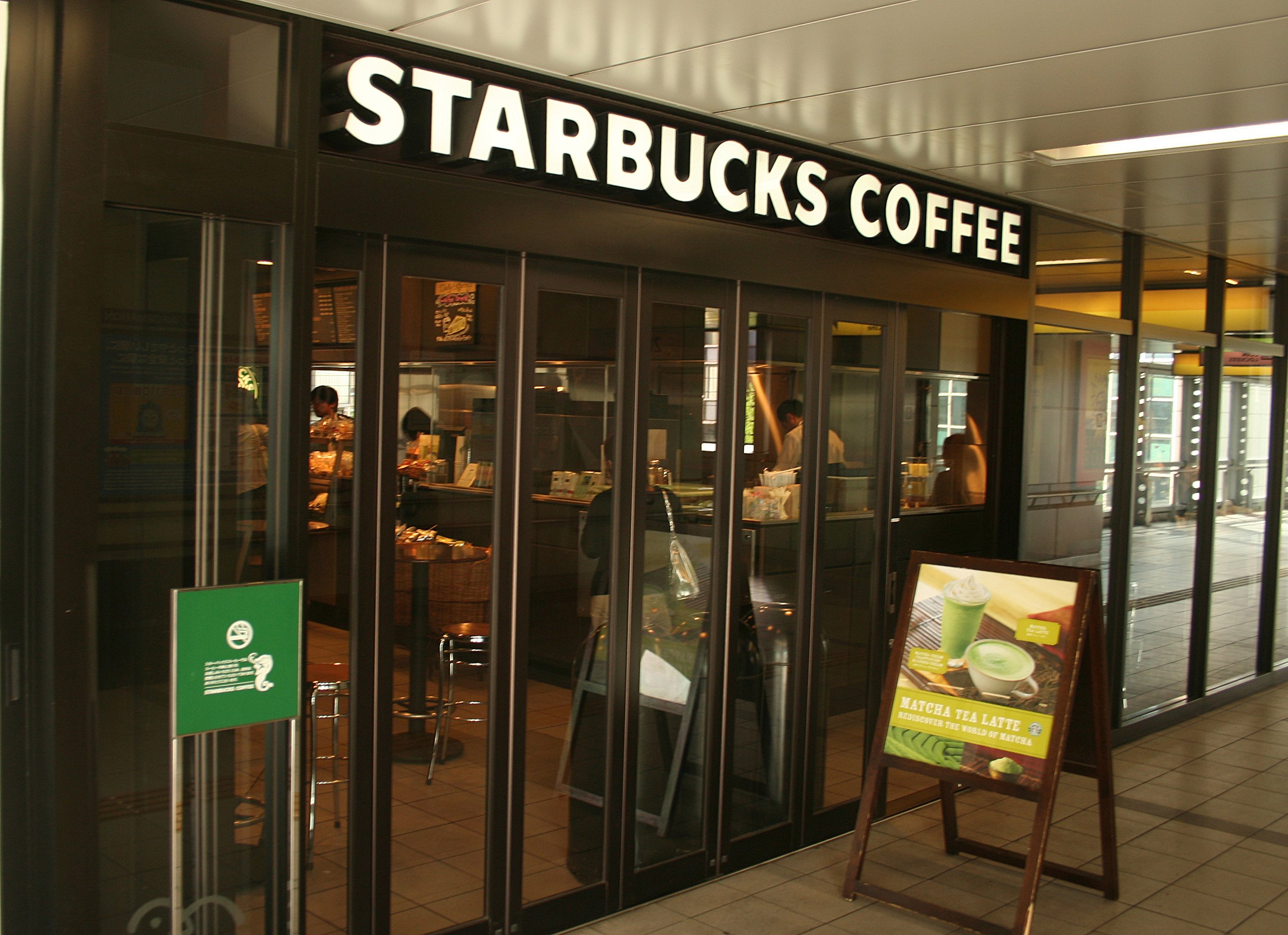Once, I had to meet a friend at Starbucks. I showed up early, and they weren’t there yet, so I grabbed a table and sat down to wait for my friend to show before ordering.
Before I knew it, there was an employee in my face, asking me to order something first because “the tables were reserved for customers.”
And this happened again at another Starbucks a while later. So, I just assumed after the fact that this was the official Starbucks policy and made sure I always ordered something first when I go to a Starbucks before grabbing a seat or using the restroom.
Then, the incident in Philadelphia happened. Two black men were arrested at a Starbucks for not ordering immediately — they were waiting for the person they were meeting to show up. This itself did not surprise me — it was just another one of depressingly many cases of racism and discrimination in America. What really blew my mind was the reaction, because all of a sudden, I read a deluge of commentators talking about how they can sit at Starbucks for hours without buying anything and never be bothered by anyone.
Wait, can you really?
And all of a sudden, I was inundated at once by both anger and self-doubt. Angry because I was apparently treated differently from all these other people, and confused because I don’t know what exactly it was that caused me to be treated differently. What was it? The color of my skin? The fact that I had been a teenager? Something else I’m not even aware of?
And frankly, I didn’t even mind the policy I was subjected to — it seemed like an eminently reasonable rule to me. If it were applied equally to everyone, I’m fairly sure I’d have no objections.
But it clearly wasn’t, and to this moment, I’m not exactly sure what the actual policy was. To find out, I even went around and asked my friends about their experiences. It was shockingly unhelpful, because the responses ranged from “wait, you’re allowed to sit down without buying anything?” to “wait, they tried to kick you out for not buying anything?”
In short, the policy is unclear. What was clear, however, was that different people were definitely being treated differently.
I had a similar moment when I was talking to some friends about police brutality last year. I remember being asked why I found police so inherently threatening.
“It’s a big man approaching me with his hand on the holster, what else am I supposed to feel?”
“Wait, what do you mean his hand on the holster?”
And that was the day I learned that it was not actually standard police procedure to approach you with one hand on the holster of their gun, ready to shoot at a moment’s notice.
And whether it was talking about police brutality or Starbucks, I got this strange, terrifying sensation where I felt almost as I was having a conversation with an international student, comparing what it’s like in our respective countries. We each have a conception of what America is like, and when we talk to people from a different environment, and we realize, to our horror, that sometimes our America is not only not what the other person experiences, but not even something they thought was conceivable. We live in an America where some people will never see what’s wrong, and others are never aware that things could be done differently or — God forbid — correctly.
Back in the days of Jim Crow, the discrimination was atrocious, but at least everyone was aware of how that discrimination worked. If you were white, you knew that nonwhites had to enter the store from the back (and vice versa) because there was a sign that said so. Now, we live in an illusion of equality. We live our lives thinking that what we go through is normal, that it’s what America is like, not knowing that even as we are getting coffee in the same Starbucks, we are living in different Americas.
Contact Terence Zhao at zhaoy ‘at’ stanford.edu.
